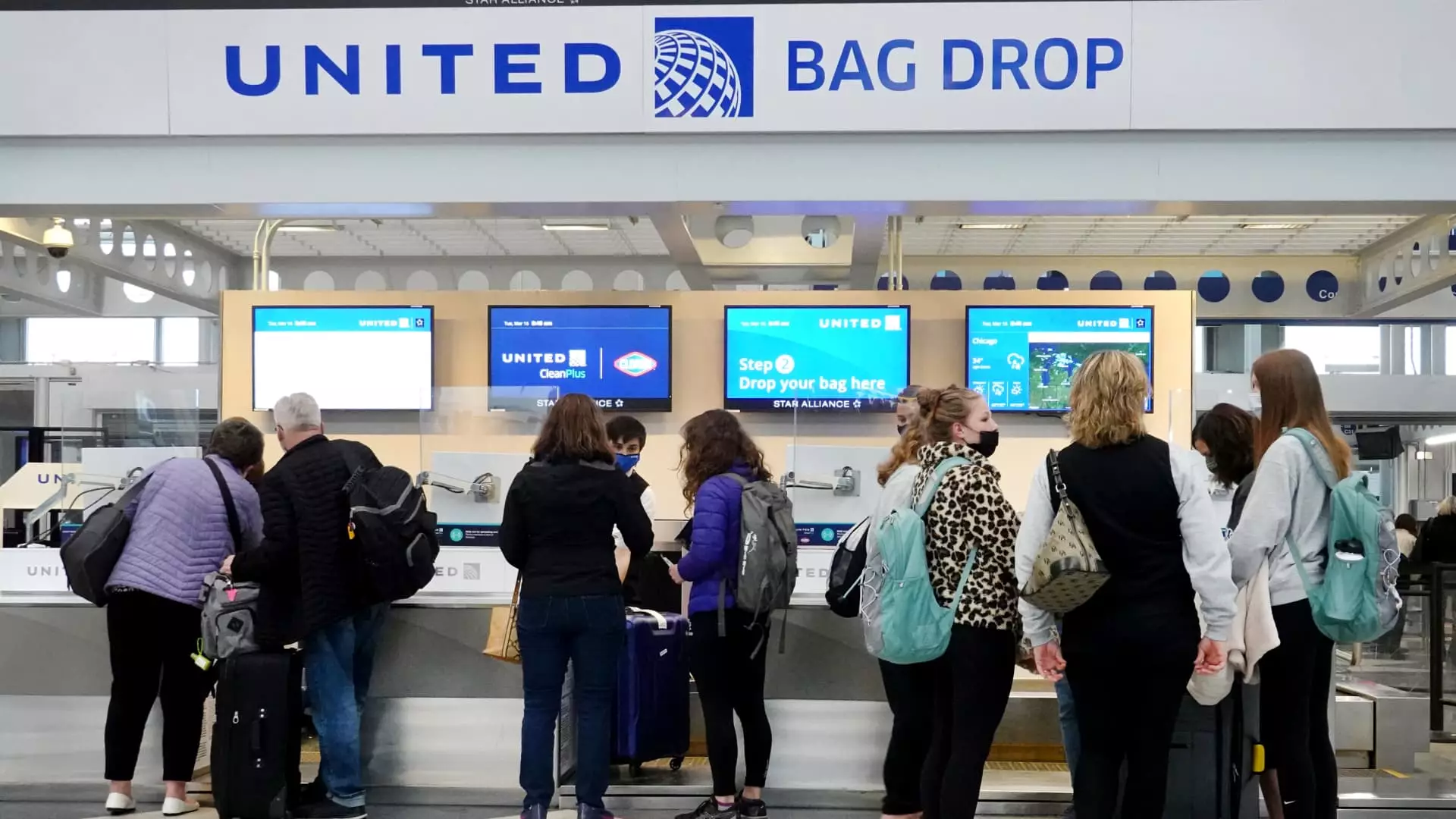In recent years, there has been a noticeable trend among major airlines to raise the prices associated with checking bags for air travel. This has been observed in airlines such as United Airlines, American Airlines, and JetBlue Airways, all of which have increased the cost of checking bags either at the airport or close to departure. Customers are now faced with higher fees if they choose to check their bags last minute, as opposed to paying for the service in advance online.
American Airlines recently implemented a two-tiered pricing strategy, where customers are charged $35 to check a first bag for domestic flights if the service is booked online in advance, or $40 if they purchase the option at the airport. This approach is aimed at encouraging travelers to pay for checked bags ahead of time, with the argument that it will streamline the check-in process and expedite the boarding of flights. However, it has also generated additional revenue for the airlines.
Impact on Travelers and Exceptions
While the increased baggage fees may be a source of frustration for many travelers, there are exceptions in place. Customers who hold certain rewards credit cards, travel in premium classes, or have elite frequent flyer status often have the benefit of checking at least one bag for free on domestic or short international flights. These exemptions are intended to provide added value to loyal customers and mitigate the impact of rising fees on a broader customer base.
Rationale Behind the Fee Adjustments
Airlines justify the need for higher bag fees by citing escalating costs such as labor and fuel, which are among their most significant expenses. The additional revenue generated from baggage fees is crucial for airlines to maintain profitability and cover the increased operational costs associated with transporting luggage. While the fee adjustments may be unpopular with customers, they are deemed necessary in the current economic climate.
In contrast to other major U.S. airlines, Southwest Airlines stands out by allowing customers to check two bags for free. This customer-centric approach distinguishes Southwest from its competitors and has been well-received by passengers. Southwest’s Chief Operating Officer, Andrew Watterson, emphasized that the airline prioritizes operational efficiency and customer satisfaction in its decision to offer complimentary baggage services.
Balancing Efficiency and Customer Experience
The debate over baggage fees reflects a broader discussion within the airline industry about balancing operational efficiency and customer experience. While checked bag fees contribute significantly to airline revenue, they also impact travelers’ expenses and overall satisfaction. Airlines must strike a delicate balance between optimizing operational processes and meeting customer expectations to remain competitive in a rapidly evolving industry.
The rising baggage fees imposed by airlines have substantial implications for travelers, the industry, and the overall air travel experience. As airlines continue to adjust their pricing strategies in response to shifting economic conditions, passengers must navigate these changes to make informed decisions about their travel preferences and expenditures. The debate over baggage fees underscores the complex interactions between cost management, revenue generation, and customer service in the modern airline industry.


Leave a Reply